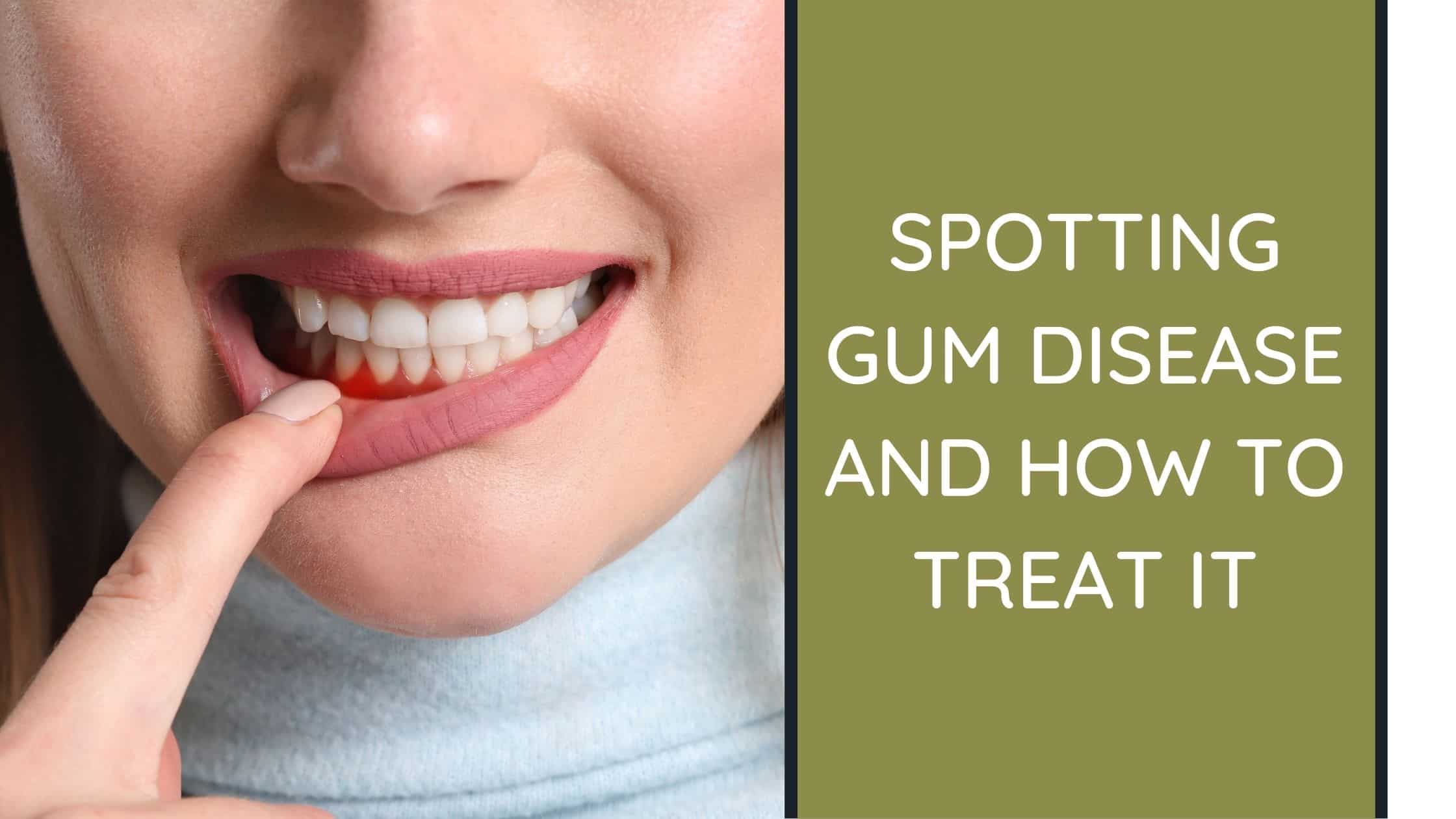
Gum disease is super common, and you’ll likely experience it at some point in your life. It isn’t always a reflection of poor oral hygiene either; sometimes, it can be genetic or an imbalance in hormones that can make you more susceptible.
Spotting gum disease early means you can lessen symptoms quicker and prevents it from developing into something more severe.
What’s Gum Disease?
Gum disease is also referred to as gingivitis because the medical term for your gums is gingiva. Gingivitis is one of the most common issues people face throughout their lives. From children to older adults, everyone has the chance of contracting it at some point.
When left untreated, gingivitis can develop into periodontitis, a much more severe and problematic version of gingivitis. Periodontitis can develop further into more serious health problems like stroke, diabetes and heart disease.
What Causes Gum Disease?
Gum disease is usually caused by a build-up of plaque which can attract bacteria to sit on your gums. Changes in hormone levels when you’re pregnant can cause gum disease, but most of the time, it’s down to poor oral hygiene efforts.
You can avoid gum disease by brushing, flossing and using mouthwash as part of your daily routine. You should even brush after meals when you can to make sure food particles don’t build up and give bacteria a chance to thrive.
How Can You Spot Gum Disease?
Gum disease often has telltale signs that you can easily spot before they get too uncomfortable. Things like red and swollen gums are probably the most common symptom.
Other signs of gum disease are bleeding gums when you brush, receding gums, or sore gums’ general feelings.
How To Treat Gum Disease
Gum disease is easily treated and can be sorted out by a hygienist or a dentist. You can make an appointment with a hygienist without a referral from your dentist too.
A dentist or hygiene will inspect your mouth to check for signs of other problems like cavities or decay and deeply clean your teeth to wash away all the bacteria and plaque build-up causing your issues.
Gum disease is usually treated with a simple appointment like this, and once you leave the clinic, you won’t have to worry about symptoms of gum disease anymore. All you have to do is keep on top of your oral hygiene and brush twice a day, use floss and mouthwash, and you shouldn’t have any problems with gum disease.
If you’re experiencing signs and symptoms of gum disease and need some help or want to find out more, turn to Woodborough House. Our skilled team are efficient and effective when it comes to treating gum disease. Our friendly hygienists can have you leaving our clinic with that fresh smile feeling in a flash.
Call Woodborough House today.
You’ve Waited Long Enough
Get in touch with us to learn about award-winning, specialist-led cosmetic, restorative and general services at Reading’s home of slow dentistry.
Get in touch
